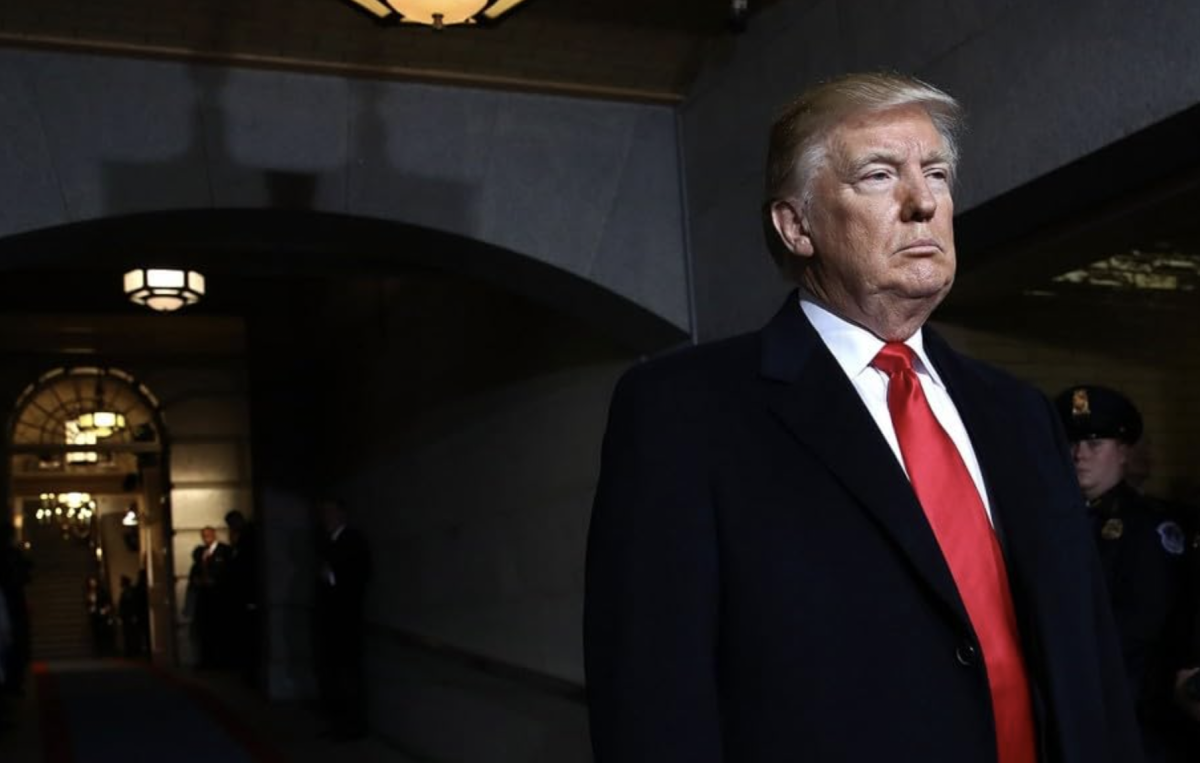
A group of about 30 students gathered in the University of Massachusetts’ Campus Center Thursday to hear how Israeli colonialism has shaped education in Palestine from two current Palestinian university students.
Bayan Abosalameh, a 19-year-old mechanical engineering major at Birzeit University, and Ramsis Hijazi, a 23-year-old computer science major at An-Najah National University, serve as volunteers for the Right to Education Tour. They travelled to the U.S. to share their firsthand accounts of educational suppression within Palestine.
“We are just delivering the truth; delivering the message that we should have the right to education,” stated Hijazi. “We are delivering the message of our fellow classmates and teachers in Palestine.”
UMass is one of the many stops within this nationwide campaign attempting to build solidarity between the U.S. and Palestine. The event was sponsored by UMass’ Students for Justice in Palestine, an organization focused on the education of and activism to stop thehuman rights violations facing the Palestinian people human rights violations facing the Palestinian people.
“We’re (SJP) a fish in the pond at UMass, and UMass is just one university within all of the United States, but I like to think we are a part of something that could create change, especially considering the influence that the United States has on this conflict,” said Tom Wagner, a freshman SJP member studying Spanish.
Thursday’s discussion provided personal accounts of the educational suppression and inequality Palestinian students of all ages face due to the Israeli-Palestinian conflict.
According to the students, checkpoints throughout Palestine prevent students from getting to school on time (or at all), raids and gas bombs often interrupt classroom sessions, closing of schools for “security reasons” can prolong or, in some cases, end students’ education and censored curriculums prohibit readings such as Socrates, Plato and specific Palestinian-related readings.
“Everything related to Palestine, the word ‘Palestine,’ the maps, anything nationalistic about Palestine was completely removed,” Hijazi said.
“(The) Israeli commission has put some restriction on the materials that we have in Palestine, so chemical substances, mechanical devices and other sorts (of) things (are) missing from my university campus,” Abosalameh added. “This means I’m not getting the same quality of education that any mechanical engineering major would have here.”
The presentation also included a video of a school teacher attempting to deliver her lesson to elementary students at one of the many checkpoints within Palestine.
Members of the audience appeared shocked as the video displayed footage of the woman being harassed and hit over the head by Israeli soldiers in an attempt to stop the lecture.
“We’re really trying to get the word out about what’s happening in Palestine so that next year we can run a campaign for BDS (Boycott, Divestment and Sanctions),” said Joshua Strassman, vice president of UMass SJP.
Rhiannon Snide can be reached at [email protected].



















gary fouse • Apr 14, 2016 at 4:20 pm
Stephanie,
As a part-time teacher at a major California university, I can tell you what SJP is doing on campuses across the country. They are engaging in brown shirt tactics of disruption, bullying, intimidation and anti-Semitism.
I would encourage you to seek out the other side of the issue-that is if you can get pro-Israel speakers to your school without disruptions.
Stephanie Higgins • Apr 11, 2016 at 12:14 am
Thank you for covering this event! I can’t wait to hear more about what the Students for Justice in Palestine are doing on campus. 🙂